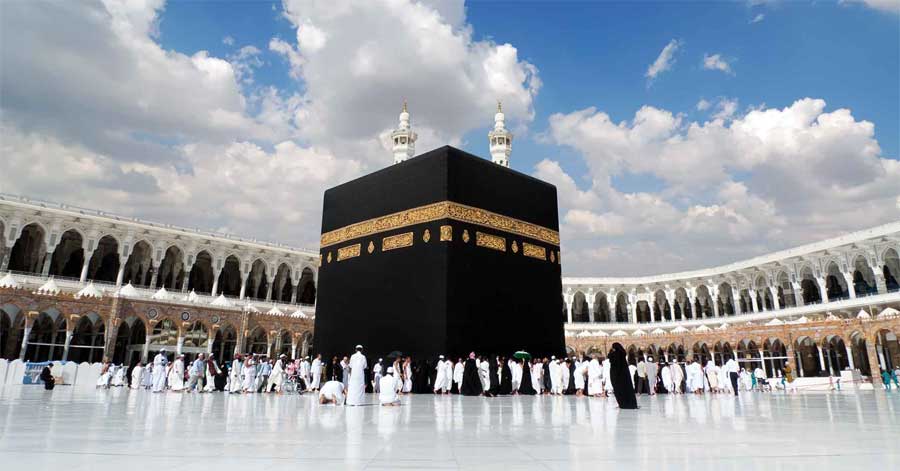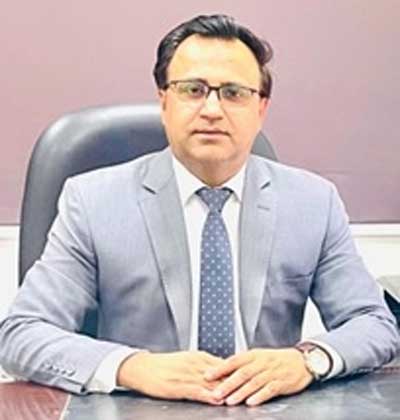Mufti Saad Abdul Razzaq
Fasting on the day of Arafat: As the 9th of Dhu al-Hijjah dawned upon the faithful, fasting on this auspicious day was (previously) emphasized by Rasulullah S.A.W. However, there arose a moment of misunderstanding among some companions, questioning whether the Nabi of Allah Ta’ala was observing the fast or not. To dispel any doubts, Ummi Fadhl Bint Harith R.A recounts an incident:
“Some individuals discussed the messenger’s S.A.W fasting on the Day of Arafat. Seeking clarity, Umm e Fadhl sent a bowl of milk to Rasulullah S.A.W as he rode his camel. In full view of everyone, he drank the milk, clarifying that he was not fasting.”
(Sahih Bukhari, chapter on fasting on the day of Arafah, Hadith 1887, Pg. 701)
Rasulullah’s S.A.W act of openly drinking milk served to affirm his decision not to fast on that particular day, dispelling any confusion among his companions.
Departing from the Arafat
As the sun dipped below the horizon of Arafat, Rasulullah S.A.W bid farewell to the sacred plain, accompanied by Sayyiduna Osama bin Zayd R.A who riding behind him. Their departure was on a serene pace. Rasulullah S.A.W manoeuvred his horse with practiced ease, whether traversing wide expanses or navigating hills, he adjusted his speed, accordingly, ensuring a smooth journey back from Arafat.
Leading the caravan towards Muzdalifah, Rasulullah S.A.W was surrounded by his devoted companions and followers, their every step was watched over by the angels and acclaimed by the creator of the Universe. With his left hand guiding the camel and his right hand urging the faithful to maintain peace and decorum, Rasulullah S.A.W exemplified tranquillity and instructed:
O people! Maintain calmness!
(Sunan Al Tirmizi, Hadith 885, Pg 163)
Throughout the journey, Rasulullah S.A.W continued reciting the Talbiyah, pausing only momentarily to dismount, relieve himself and perform ablution. When Sayyiduna Osama R.A inquired about prayer, Rasulullah S.A.W directed him forward, indicating that the prayer would be performed upon reaching Muzdalifah. (Sahih Bukhari, Hadith 139, Pg. 65)
Rasulullah S.A.W proceeded from ‘Arafat till he reached the mountain pass, where he dismounted, relieved himself, and then performed ablution. I (Sayyiduna Osama) said to him, “Is it the time for the prayer, O Allah’s Nabi?”
He said, “The (place of) prayer is ahead of you.” He rode till he reached Muzdalifah, he dismounted and performed ablution and a perfect one, the Iqamah was raised, and he led the Maghrib prayer. In the meanwhile, his camel was made to sit down. Then the Iqama was raised for the ‘Isha’ prayer which Rasulullah S.A.W led and no prayer was offered in between the two prayers (‘Isha’ and Maghrib).
Muzdalifah is a place located between Arafat and Mina that is included within the borders of the Haram; its other name is Jam’.
Notably, Rasulullah S.A.W granted permission to the womenfolk, children, and elderly among the Ahl e Bayt (his family) to depart for Mina at night, cautioning them not to perform Rami before sunrise. This compassionate gesture highlights Rasulullah’s S.A.W consideration for the vulnerable members of his community. (Sunan Al Tirmizi, Hadith 893, Pg 164)
Hence, Sayyiduna Abdullah Ibn Abbas R.A narrates:
‘I was from amongst those people whom Rasulullah S.A.W had instructed to accompany the weak ones from his family from Muzdalifah to Mina’.
(Sahih Al Bukhari, Hadith 1594, pg. 603)
Imam Tahawi R.A narrates on the authority of Ibn Abbas R.A that Rasulullah S.A.W instructed Abbas R.A:
‘Depart with the womenfolk and weak ones from my family, so that they may perform the Fajr prayer in Mina’.
(Sharh Ma’aaniyul Aathaar, Hadith 3972, Pg. 215, Volume 2)
In the tranquillity of Muzdalifah, Rasulullah S.A.W rested and did not perform Tahajjud prayers during that night. As soon as it was early dawn, Rasulullah S.A.W performed the Fajr Salaah at its earliest time. Thereafter, he travelled to Mash’ar ul Haraam where he engaged in fervent supplication, remembering and praising Allah Ta’ala. It was here that his prayer for the ummah, previously unfulfilled in Arafat, found acceptance, as recounted in Sunan Ibn Majah.




